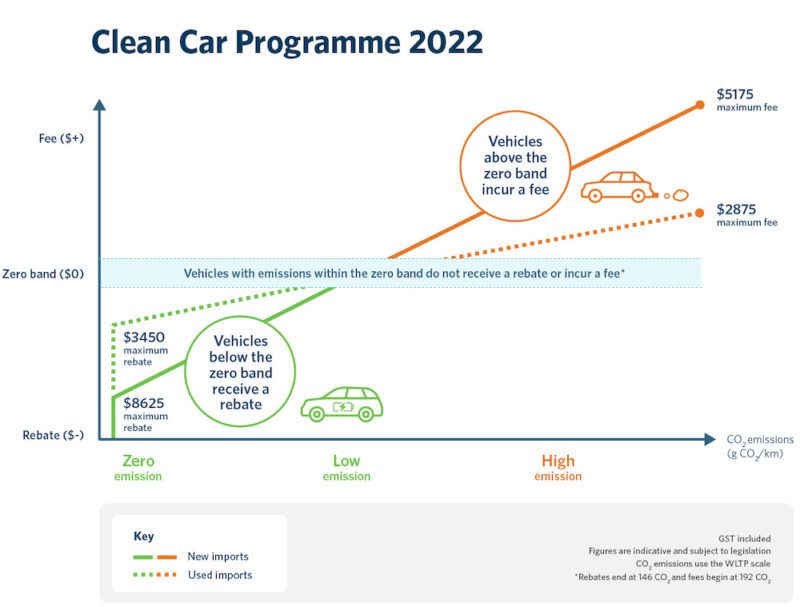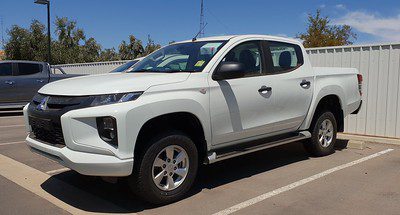Mitsubishi New Zealand is hoping to sell thousands of high-emissions Triton utes in the final months before the country’s clean car scheme comes into effect from next year.
The auto retailer has secured 5,000 internal combustion engine 2022 Triton utes, according to a report in stuff.co.nz, which it aims to sell in November and December before the clean car scheme adds around $2,700 to the vehicle’s purchase price.
It’s a large number of utes compared to the 3,614 Tritons registered in New Zealand in the year-to-date.
New Zealand is introducing a number of laws and policies designed to reduce transport emissions including a clean car discount and vehicle emissions standard.
Since July, the Clean Car Discount – also known as a “feebate” scheme – has begun providing rebates up to $8,000 for imported electric and low emissions vehicles (provided they are priced under $80,000).
From January 2022, a fee for high emissions vehicles will kick in adding up to $3,000 to a vehicle’s upfront cost. That’s why retailers like Mitsubishi are aiming to sell large numbers of petrol and diesel utes before then.
There are also reports of farmers looking to upgrade their utes before the extra charges come in.
It’s an unintended consequence of the new measures, but one anticipated by New Zealand’s Ministry of Transport. The ministry states it anticipated a “rush in sales of utes and high emission vehicles” prior to the policies taking effect. However any increase will be more than offset by signifcant reductions in transport emissions over coming years.
Overall, the measures are designed to reduce transport emissions, which account for 47 per cent of New Zealand’s annual total.
“A discount on electric, hybrid and low emission vehicles funded from a fee on higher emitting ones is the best policy to increase low emissions vehicle uptake in New Zealand”, Transport Minister Michael Wood said.
Meanwhile, the New Zealand National opposition has dubbed the policy a “ute tax”.

There has been an upswing in electric and plug in sales in the months since the rebate came into effect.
New Zealand’s Clean Car Standard will also be legislated this year and apply from 2023. The standard requires car retailers to reduce emissions of imported vehicles to achieve an average of 105 gCO2/km by 2025.
This compares to New Zealand’s current light vehicle emissions average of 171 gCO2/km. Once the standard comes into effect, Australia and Russia will be the last remaining countries in the OECD without a regulated CO2 standard, according to the Ministry of Transport.

Petra Stock is a Master of Journalism student who has worked in climate change, renewable energy and transport. She also works part-time in climate change for the Australian Conservation Foundation.

